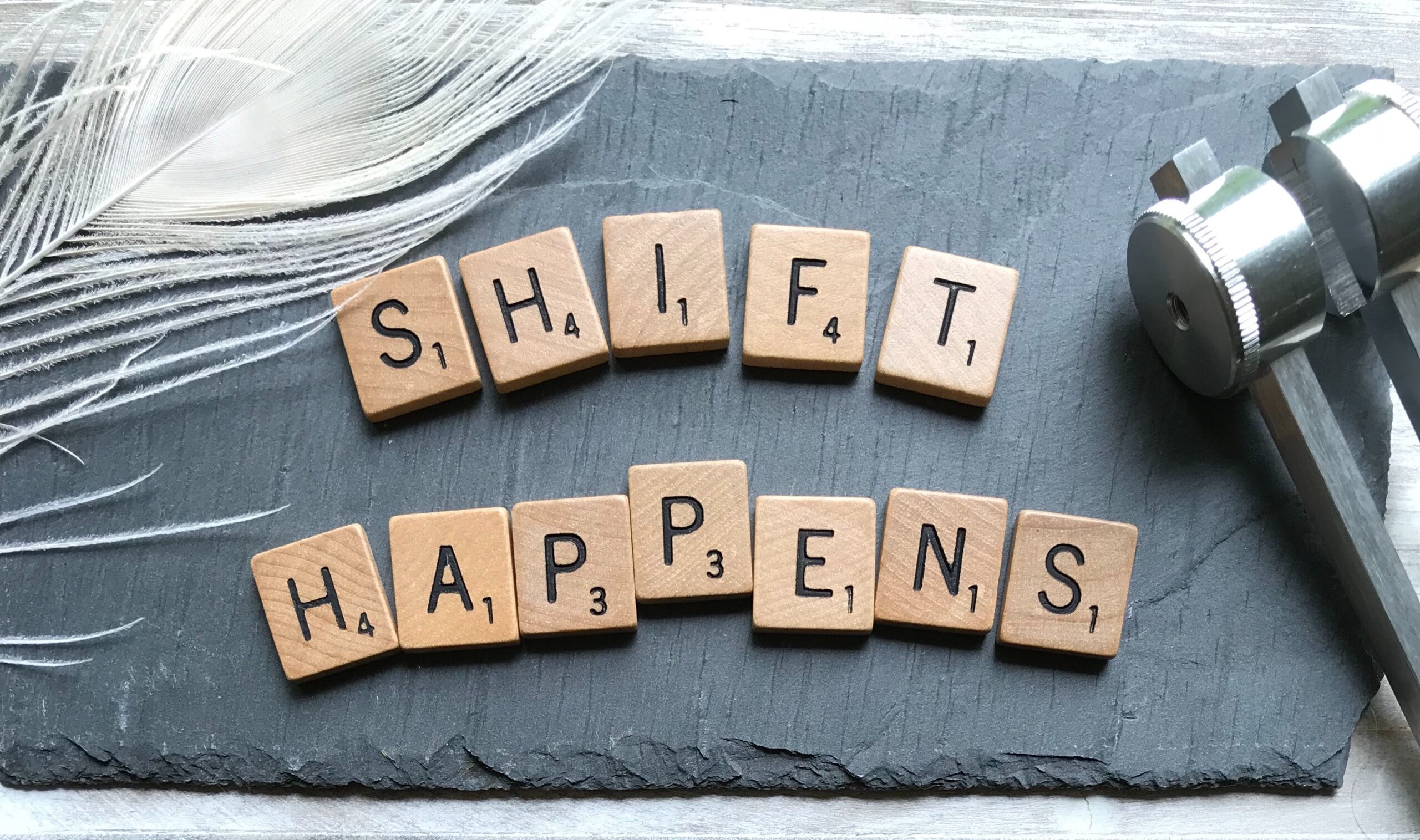You’ve gone through the process of finding a therapist who is a good fit for you, and now you’re about to go to your first few sessions. Particularly for those folks who are struggling with anxiety and/or relationship challenges, know that it is normal to feel nervous about getting started – this is a brand new relationship after all, and you’re not sure how it’s going to go.
All therapy involves some degree of uncertainty (the thorn in an anxious person’s side, but one we can benefit from increasing our tolerance to). While there’s no need to over-prepare for your first few sessions, it may be helpful to consider the kind of mindset, habits and intentions that will help you get the most out of the experience.
Here are some tips on how to make therapy work best for you:
Know that you get to decide
In the first few sessions, your therapist will likely ask you many questions about your life experiences, relationships, past and present problems and goals you have in mind. This is so they can get an initial understanding of who you are, where you’ve been and where you want to go, which helps them determine what might be the best course of treatment for you.
Especially for folks who aren’t used to focusing on themselves and have experienced trauma or may have hidden away some painful experiences, this might feel overwhelming. Know that you get to decide what you do and do not share, particularly in the early stages of therapy. You can always let your therapist know if you don’t feel ready to answer a certain question or talk in more detail about a disturbing experience.
As you begin to build trust with your therapist, there will likely be times when you feel unsure about sharing something or diving deeper into your feelings. Let your therapist know when this comes up, and know that therapy does involve emotional risk at times. Dipping your toe into taking risks within a secure relationship can be deeply healing and transformative.
Write Things Down
Many of my clients, particularly those who are brand new to therapy, find that writing down their thoughts and feelings before and in between sessions helps them come to the session feeling more prepared to focus on the things that matter most to them.
This can be as simple as keeping a small notebook or a memo in your phone. Some therapists may provide worksheets that prompt you to notice and write down your experiences and responses throughout the week. If this isn’t something your therapist offers, you can always ask for more guidance.

Communicate
This one might seem obvious, but it’s worth driving home. Your therapist may be good at picking up on subtle body language and other nonverbal communications and asking questions to encourage you to share your feelings, but at the end of the day no one (including therapists!) are mind-readers, and what you don’t speak can’t be addressed.
Communication problems are often a big reason folks come to therapy, so this is a great place to notice where you might be holding back or not addressing what’s really on your mind. Talk about how it’s difficult to talk about it if this is the case.
Remember that some silence is OK
Many of us find silence in conversation awkward, and will do just about anything to avoid it. This is totally normal, as silence invites us to sit without experiences and feelings as well as the uncertainty about “what comes next.”
Some moments of silence, or feelings of not being sure of where to go next will likely come up in therapy, and you can look at this as an opportunity to get more comfortable with being uncomfortable (fun, right?). Let your therapist know what comes up for you when there’s a quiet moment. If you do feel like you need more direction or questions that prompt you, let them know!
Speak up is something doesn’t feel good
Yes, therapy is sometimes going to feel awkward, weird and uncomfortable. You may be opening up and processing some tough stuff for the first time in your life, and an important step in the healing process is to feel your feelings. And some feelings are really tough to feel.
Ideally, therapy is a safe place that can act as a kind of “container” for the icky stuff that may come up. While you may occasionally leave the office (or virtual room) feeling a little worse, this shouldn’t be the norm. Let your therapist know if you’re consistently feeling worse during and after your sessions so you can shift course.
Practice Patience
Therapy is not a quick fix. Yes, your therapist may give you some helpful tools and strategies for immediate symptom relief, and this can be a great way of building confidence in the therapy process and yourself. However, remember that it’s just the beginning if you’re looking to go deeper and heal at the root, not just manage the “weeds” (i.e. symptoms).
There will likely be moments where you feel stuck or uncertain about where to go next. It’s important to communicate this to your therapist so you can talk about this, identify and work through the “stuck points.”

Celebrate Wins
Remember to zoom out on a regular basis and reflect on the progress you are making. Committing to doing the work of therapy can be life-changing and transformative, but you’re not likely to get accolades from your friends and family for doing this meaningful work.
Taking stock of and celebrating the progress you’re making should be a regular conversation with your therapist. Don’t hesitate to ask your therapist for feedback about how they’ve seen shifts, growth and change since you started.




0 Comments